Differences and similarities between words
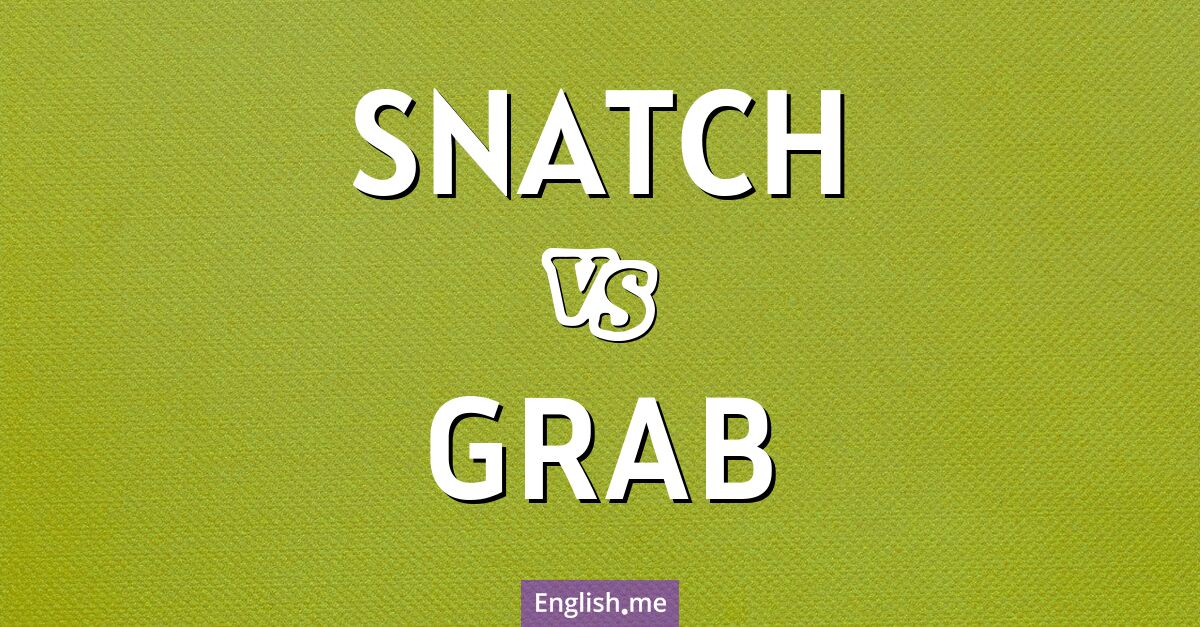
"Snatch" vs. "grab": comparing quick actions in language
"Snatch" often implies a quick, forceful action and may carry ... Learn more →
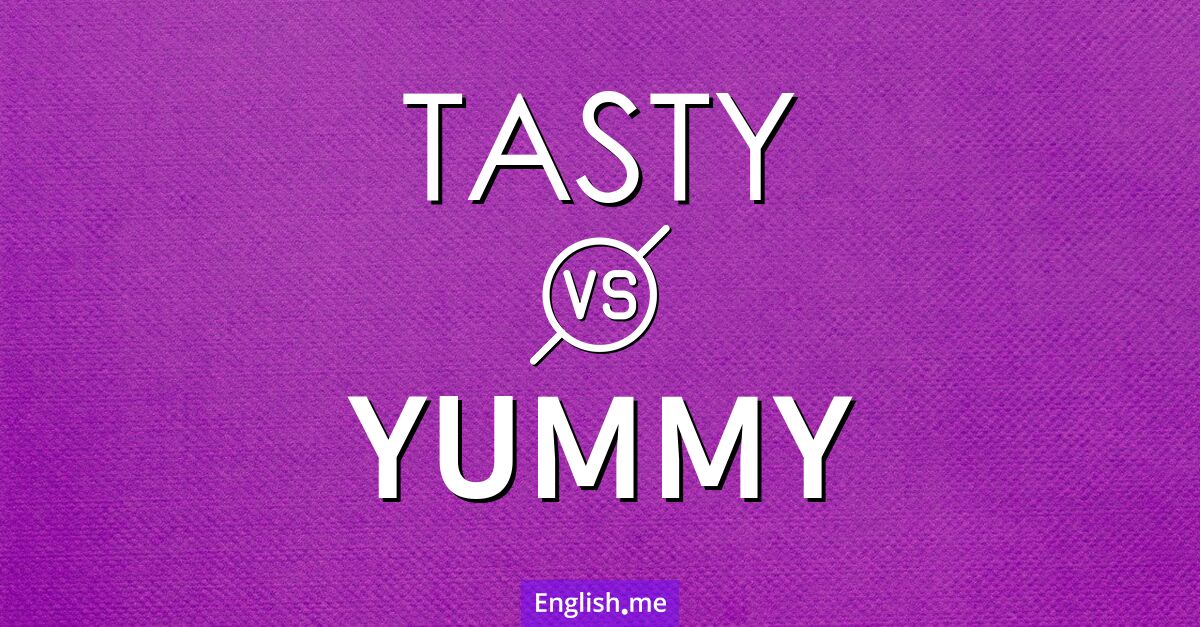
"Tasty" vs. "yummy": a flavorful comparison
"Tasty" is often considered slightly more formal than "yummy", which ... Learn more →
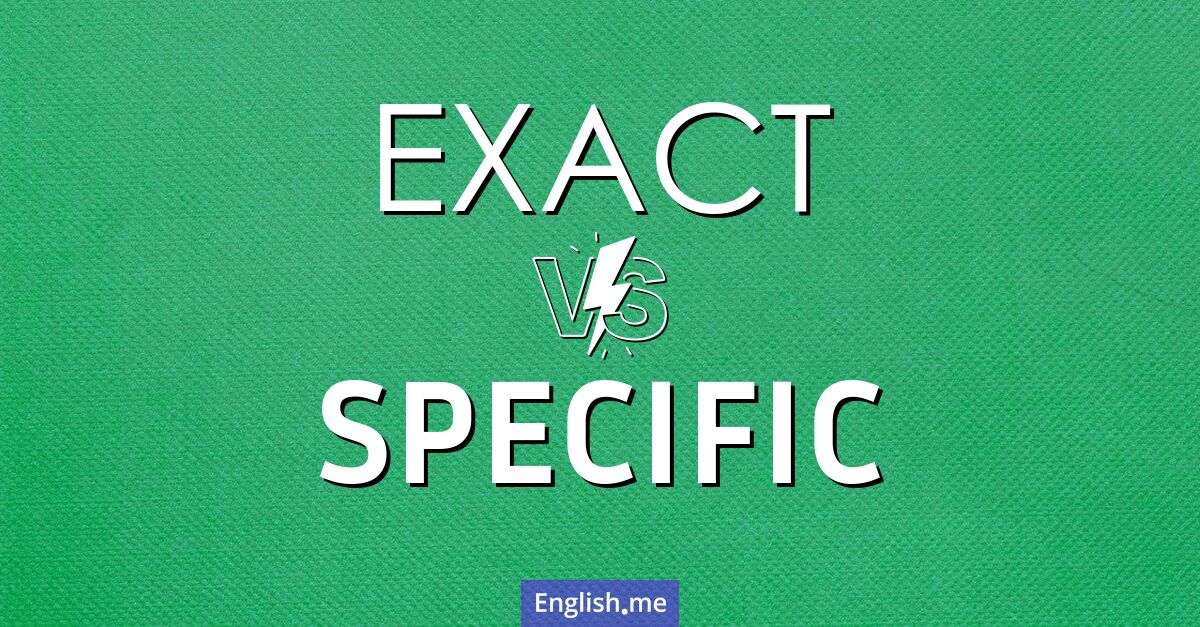
Defining precision: "exact" vs. "specific"
"Exact" emphasizes complete accuracy or precision, having no deviation or ... Learn more →
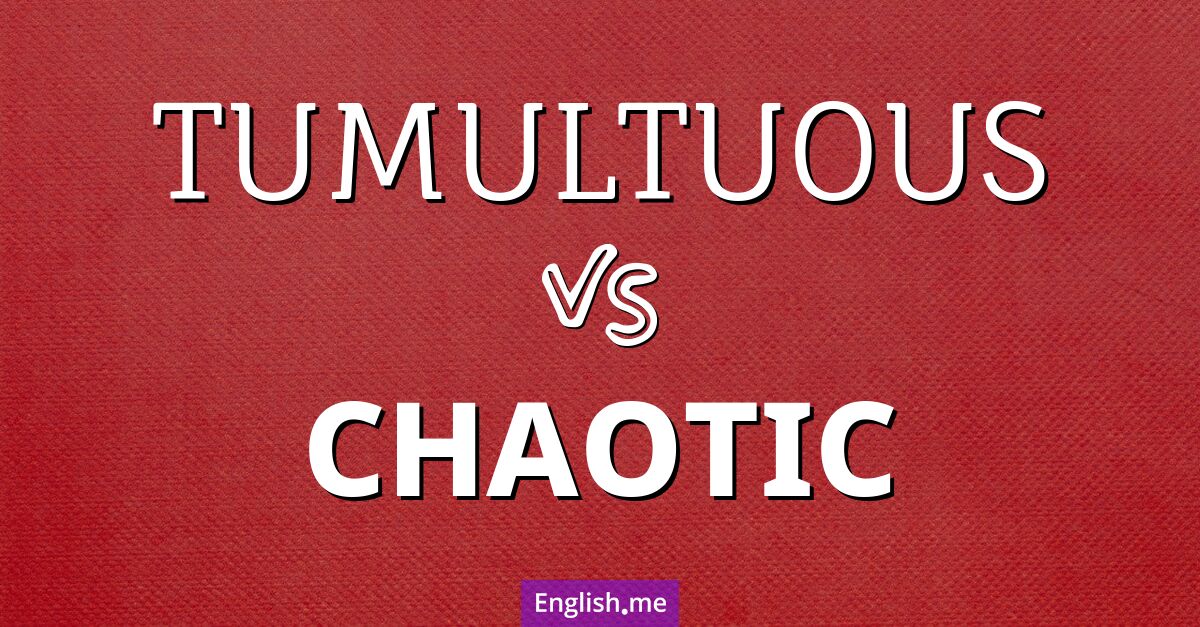
Exploring the storm: "tumultuous" vs. "chaotic"
"Tumultuous" often implies a situation that is noisy, excited, or ... Learn more →
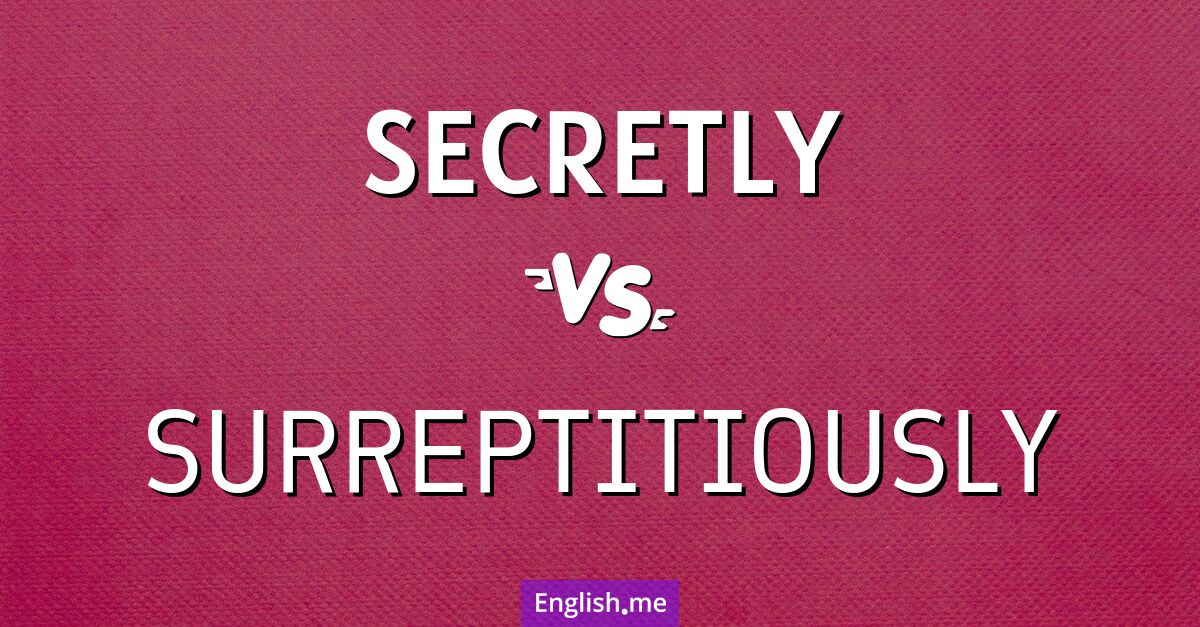
"Secretly" vs. "surreptitiously": shades of stealth
The word "secretly" often implies doing something without others knowing, ... Learn more →

"Reward" vs. "bonus": comparing motivational tools
"Reward" is a broader term that can refer to any ... Learn more →
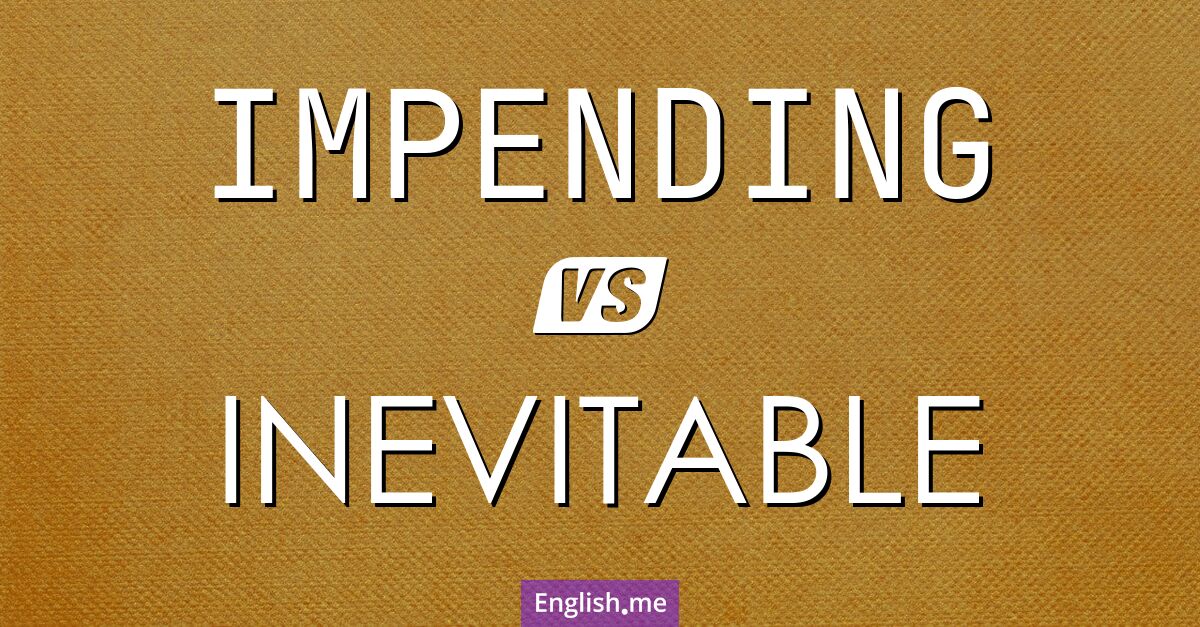
"Impending" vs. "inevitable": comparing the inescapable and the imminent
Impending refers to something that is about to happen soon ... Learn more →

Bold contrasts: "gutsy" vs. "fearless"
While "fearless" implies an absence of fear and is a ... Learn more →
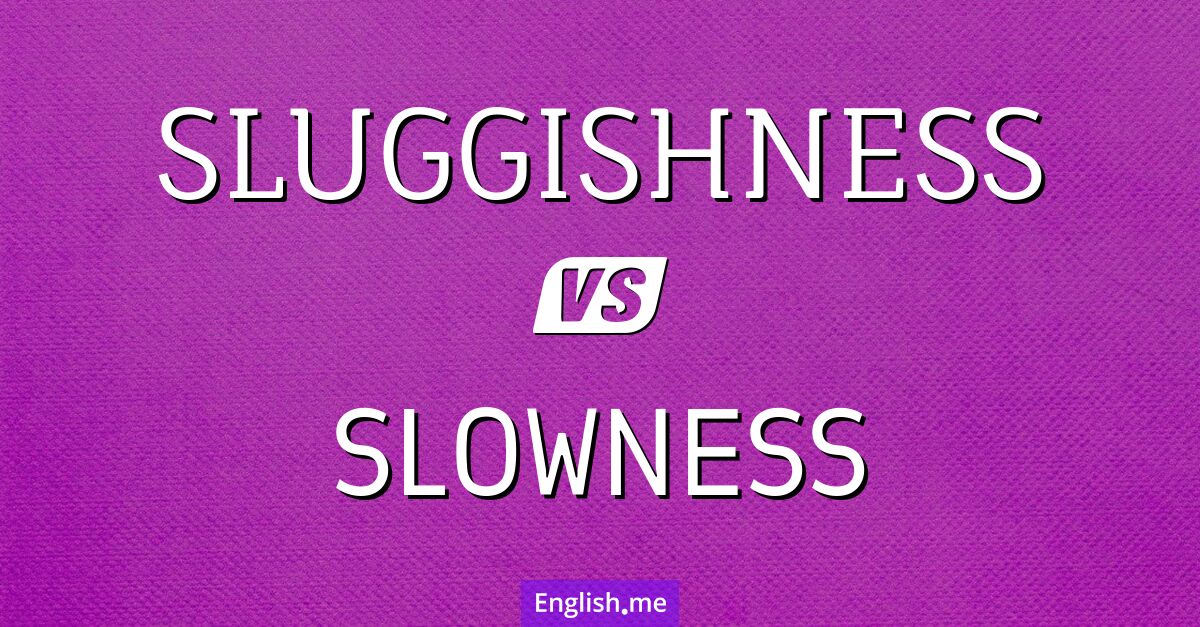
Comparing shades of delay: "sluggishness" vs "slowness"
While "sluggishness" often implies not only slowness but also a ... Learn more →
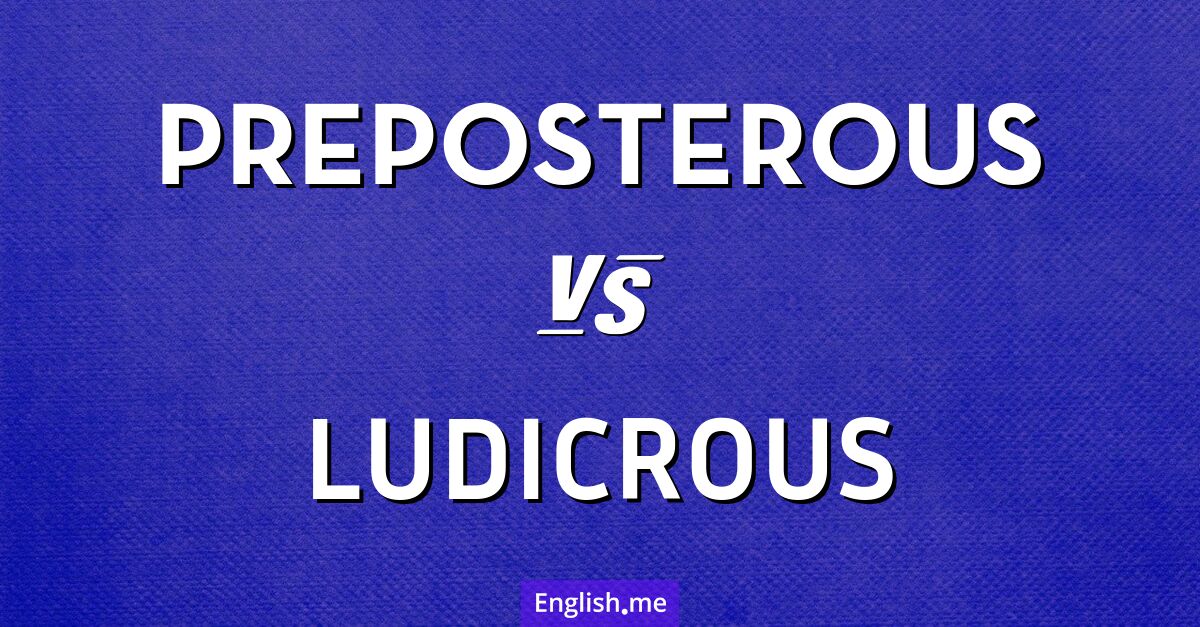
Comparing the outrageous: "preposterous" vs. "ludicrous"
"Preposterous" often emphasizes the idea of something being contrary to ... Learn more →

 English
English español
español française
française italiano
italiano deutsche
deutsche 日本語
日本語 polski
polski česky
česky svenska
svenska Türkçe
Türkçe Nederlands
Nederlands